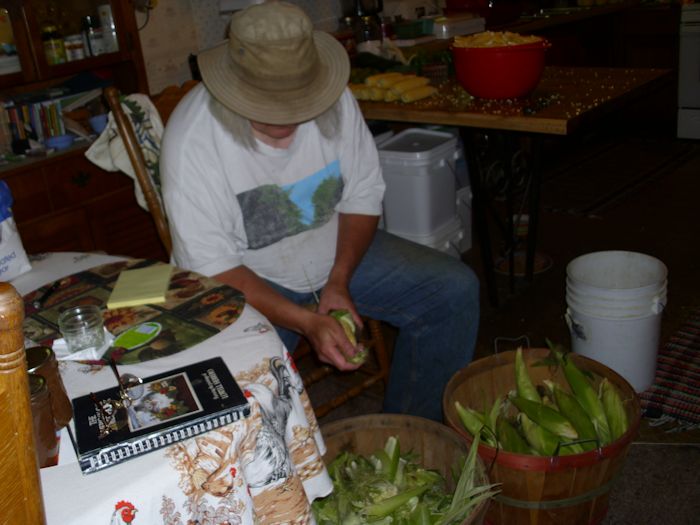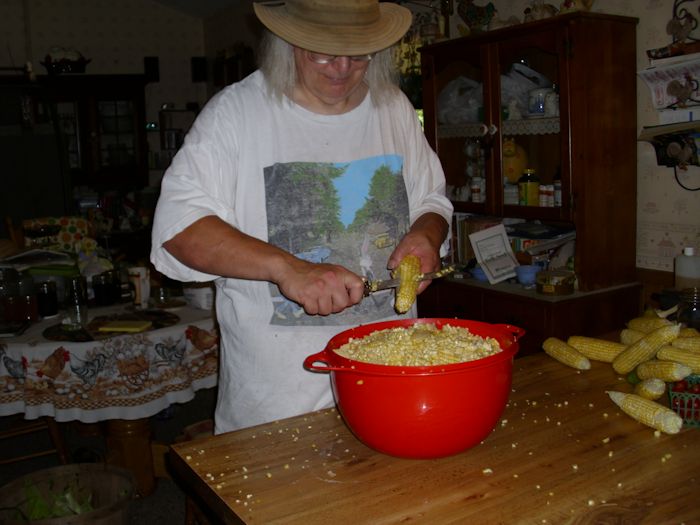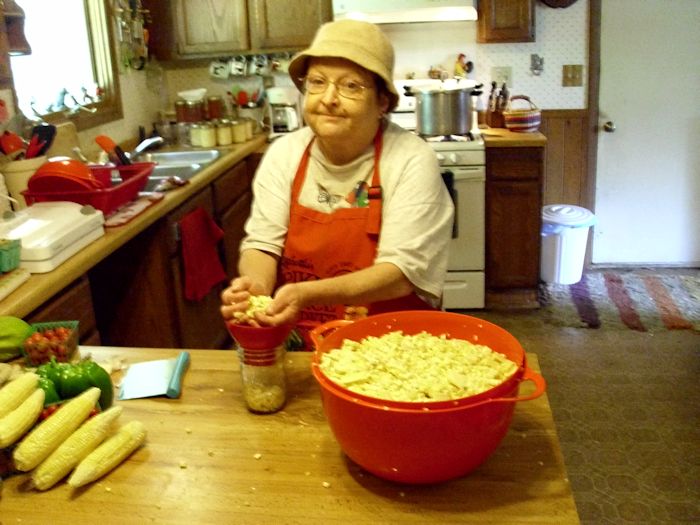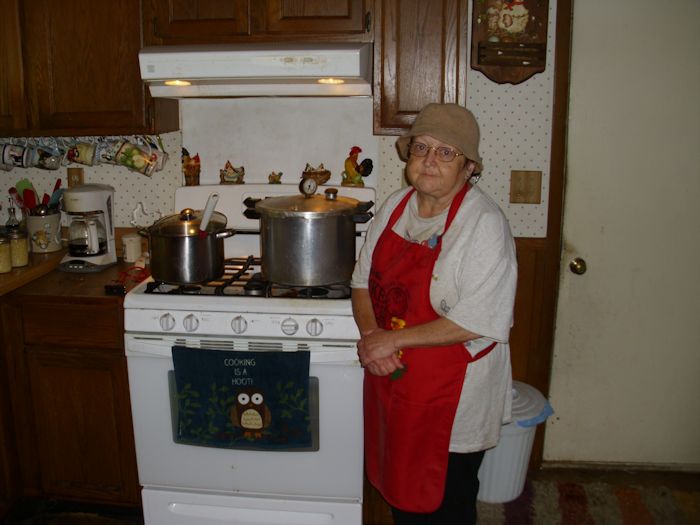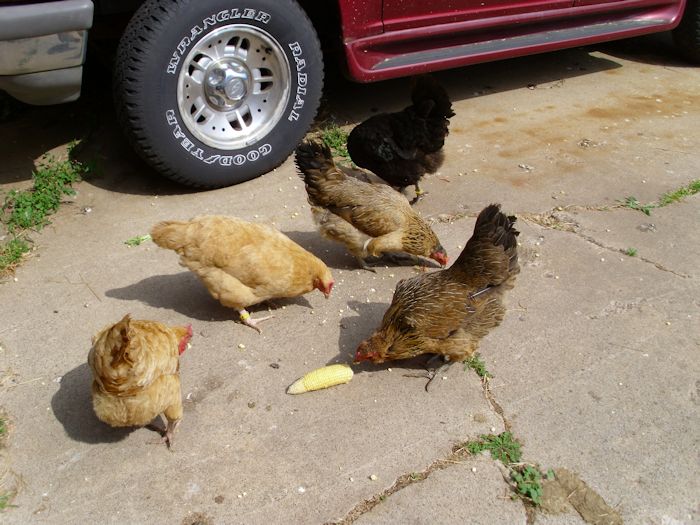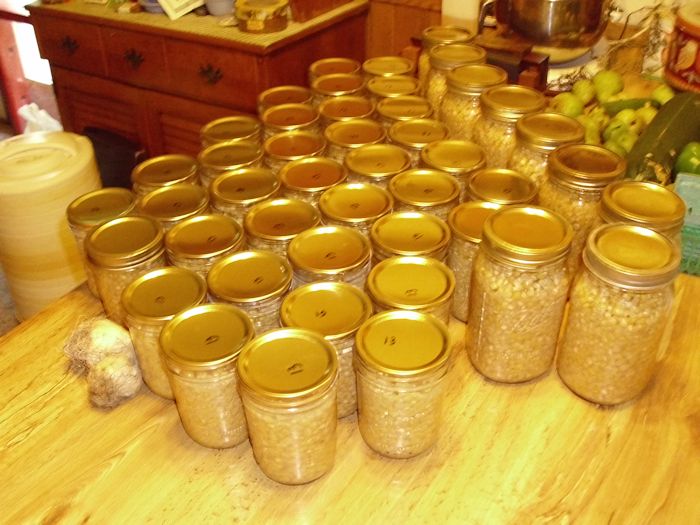It seems outdated, old fashioned, archaic, and all the other superlatives you can attach to it—writing letters, by hand, and then mailing them sees like something that no one does anymore. Contrary to common belief, letter writing isn’t completely dead in this electronic world of instant communication using text messages. I’ve been writing regularly to five people. Yes, I actually get out writing materials, write the letter by hand, and then put it in the mail. Of course, the question is why I’d do something so insane in this modern world. People I tell about my letter writing ask what I might possibly hope to achieve by doing so. In fact, some might even doubt my sanity.
There is something to be said for taking time to properly compose a letter. The physical effort required to write one, tends to make the value of each word more. A well-written letter is a joy to send and receive. Taking the time to pick and choose each word, to consider what really is necessary to say, makes a written letter different from e-mail or a text message. As the value of each word drops, so does the quality of the content. It’s something that has struck a chord in me as I’ve read the written missives and compared them to some of the e-mails I receive. Not every written letter is a good one and not every e-mail is poorly written, but generally, the written letters contain carefully selected, well-written material.
However, quality of content aside, there is something special about receiving a letter in the mail. There is the anticipation of sending one and the anticipation of receiving a response. Each trip to the mailbox is no longer a boring collection of bills and junk, but a contemplation of something that is truly wanted. It adds excitement to my day. As I’m getting older, I find that instant gratification lacks excitement, anticipation, and pizzazz. In order to be worthwhile, anticipation needs time to grow and mature. Hand written letters bring something back that has been lost, a kind of hope that is missing from modern society.
Even more important, a written letter stimulates the senses in ways that an e-mail can’t. I opened a box of letters the other day from my wife. She wrote them while I was in the service and I could still smell her perfume on some of them. You can’t perfume an e-mail. Her fine writing reminded me of her unique way of approaching life—the letters were both dainty and artistic. They had a flow that reflected her way of viewing life. E-mail lacks any of that sort of feel. The paper itself varied from letter-to-letter. Some of it was quite fancy; other pieces contained interesting pictures. However, each letter was unique in its own way, making the experience of reading it unique as well. All these ways of transmitting information are lost in the instant gratification of e-mail and many younger people will never experience the joy of opening a mailbox and finding a letter, a unique transmission of thought from one person to another.
One of the main arguments I hear against writing letters is the cost of doing so. After all, postage is incredibly high. I started thinking about that the other day and it doesn’t wash. Consider the cost of your Internet connection. Even an inexpensive plan would pay for quite a number of letters each month. Given the plan I have (a low cost 1 Mb/s DSL connection), I could write 40 letters every month and still not exceed what I’m paying for Internet. Actually, the mail service is still a bargain when you think about it.
This morning I also listened to a radio program that talked about the importance of the hand written letter in understanding the past. Some historians spend considerable time reading letters and drawing information out of them that probably isn’t available in an e-mail. Of course, most people erase their e-mails soon after they’re received, so there won’t be much in the way of historical data for historians in the future to use. E-mail tends to be temporary—letters can last for hundreds of years (and many do).
Of course, social media, texting, e-mails, and the Internet all have a purpose to fulfill. There are times when quick communication with a large number of people really is necessary. However, there is still a place for the more personal communication provided by hand written letters. Take time to write a letter to someone you care about today. Let me know your thoughts about hand written letters at [email protected].

